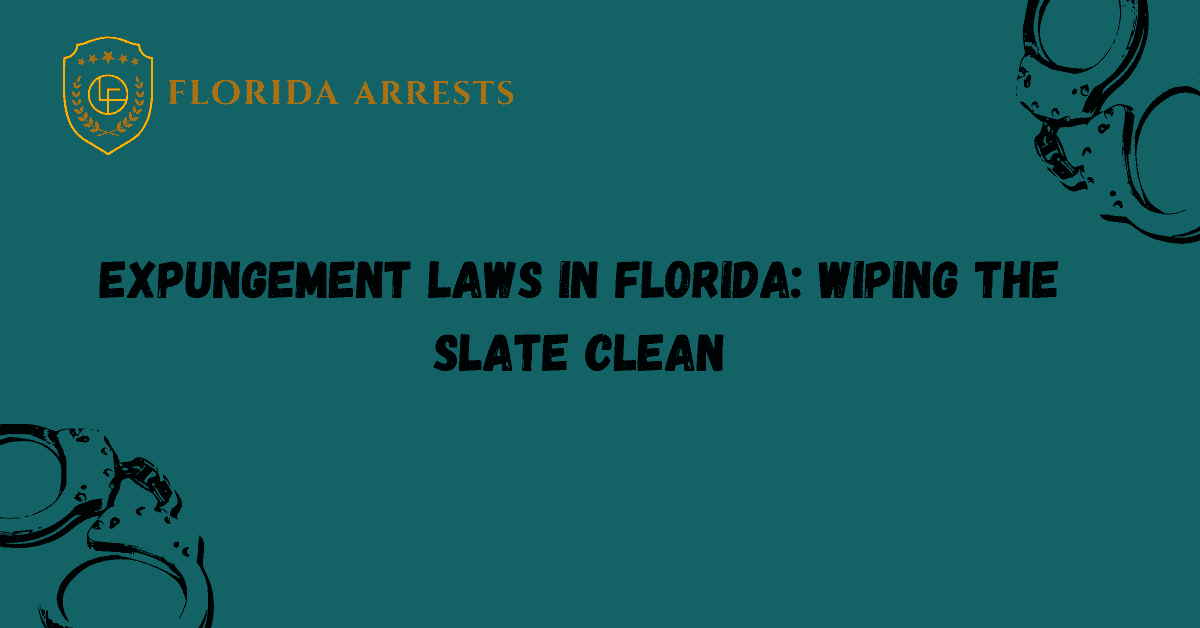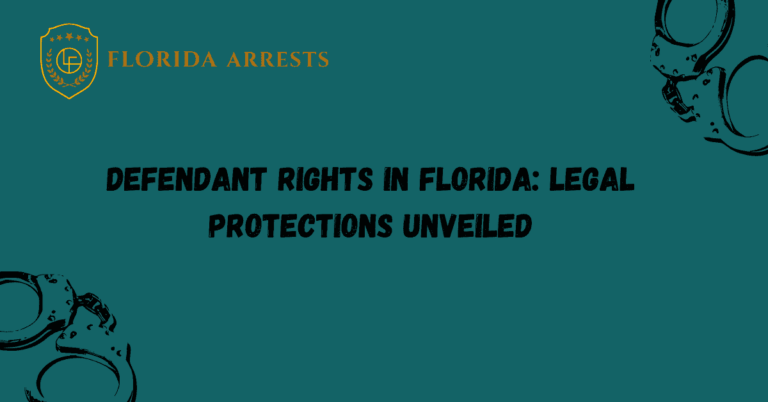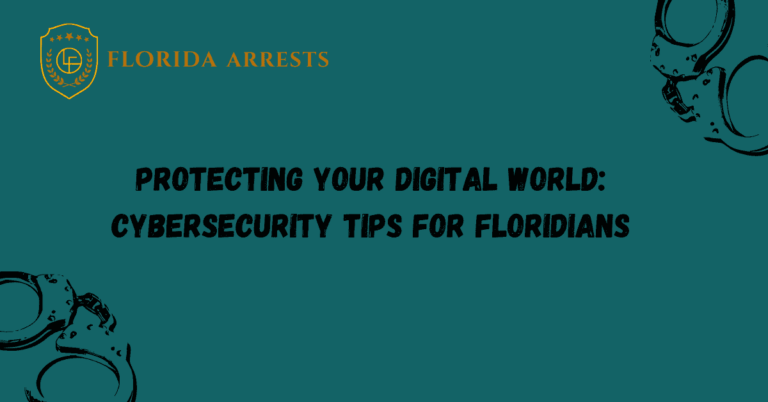Expungement Laws in Florida: Wiping the Slate Clean
Expungement laws in Florida provide individuals with the opportunity to wipe their criminal records clean. The process of expungement allows individuals to have certain arrests or convictions removed from their record, giving them a fresh start and a chance to rebuild their lives. By taking advantage of these laws, individuals can overcome the barriers that a criminal record can present, such as difficulty finding employment or housing. Expungement in Florida is a valuable tool for those who have made mistakes in the past and are committed to turning their lives around.
Expungement Process in Florida
The expungement process in Florida provides individuals with the opportunity to wipe their criminal records clean. This process allows individuals to have certain arrests or convictions removed from their record, giving them a fresh start and a chance to rebuild their lives.
Benefits of Expungement
Expungement in Florida offers several benefits to those who have made mistakes in the past and are committed to turning their lives around. One of the main benefits is the removal of barriers that a criminal record can present, such as difficulty finding employment or housing. By expunging their record, individuals can overcome these obstacles and have a better chance at securing a job or finding suitable housing.
Eligibility for Expungement
Not everyone is eligible for expungement in Florida. There are certain criteria that individuals must meet to qualify for the expungement process. These criteria typically include having completed all court-ordered sentences, including probation or parole, and having no pending criminal charges. It is important to consult with a legal professional to determine eligibility and navigate the expungement process.
The Expungement Process
The expungement process in Florida involves several steps. First, individuals must file a petition with the court to request the expungement of their record. This petition typically includes detailed information about the arrest or conviction that the individual is seeking to have expunged. Once the petition is filed, a court hearing may be scheduled to review the request.
Court Hearing and Decision
During the court hearing, the judge will review the petition and consider various factors, such as the nature of the offense, the individual’s criminal history, and any objections raised by the prosecution or law enforcement. The judge will then make a decision on whether to grant or deny the expungement request.
Expungement Order
If the expungement request is granted, the court will issue an expungement order. This order directs the appropriate agencies, such as law enforcement and the Florida Department of Law Enforcement, to remove the arrest or conviction from the individual’s record. It is important to note that the expungement order does not completely erase the record, but rather seals it from public view.
Effect of Expungement
Once the record is expunged, the individual can legally deny the existence of the arrest or conviction in most circumstances. However, there may be exceptions, such as when applying for certain government positions or licenses. It is important to consult with a legal professional to understand the full implications of expungement and any limitations it may have.
Rebuilding Lives
Expungement in Florida provides individuals with the opportunity to rebuild their lives. By removing certain arrests or convictions from their record, individuals can overcome the stigma associated with a criminal past and pursue a brighter future. Expungement is a valuable tool for those who are committed to making a fresh start and turning their lives around.
FAQs
What are expungement laws in Florida?
Expungement laws in Florida refer to the legal process of sealing or erasing a criminal record. It allows individuals to have their past offenses removed from public access, providing them with a fresh start.
Who is eligible for expungement in Florida?
In Florida, individuals who have been arrested but not convicted, or those who have had their charges dropped or dismissed, may be eligible for expungement. Eligibility criteria may vary depending on the specific circumstances of the case.
What are the benefits of expungement?
Expungement offers several benefits, including improved employment prospects, housing opportunities, and the ability to regain certain civil rights. It allows individuals to move forward without the burden of a criminal record.
How long does the expungement process take in Florida?
The expungement process in Florida can vary in duration. It typically takes several months to complete, as it involves filing the necessary paperwork, obtaining court approvals, and undergoing background checks.
Can all offenses be expunged in Florida?
No, not all offenses are eligible for expungement in Florida. Certain serious crimes, such as violent felonies or sexual offenses, are generally not eligible. It is important to consult with a legal professional to determine eligibility based on specific circumstances.
Do I need an attorney for expungement in Florida?
While it is possible to navigate the expungement process without an attorney, it is highly recommended to seek legal counsel. An attorney can provide guidance, ensure all necessary paperwork is properly filed, and represent your interests throughout the process.






